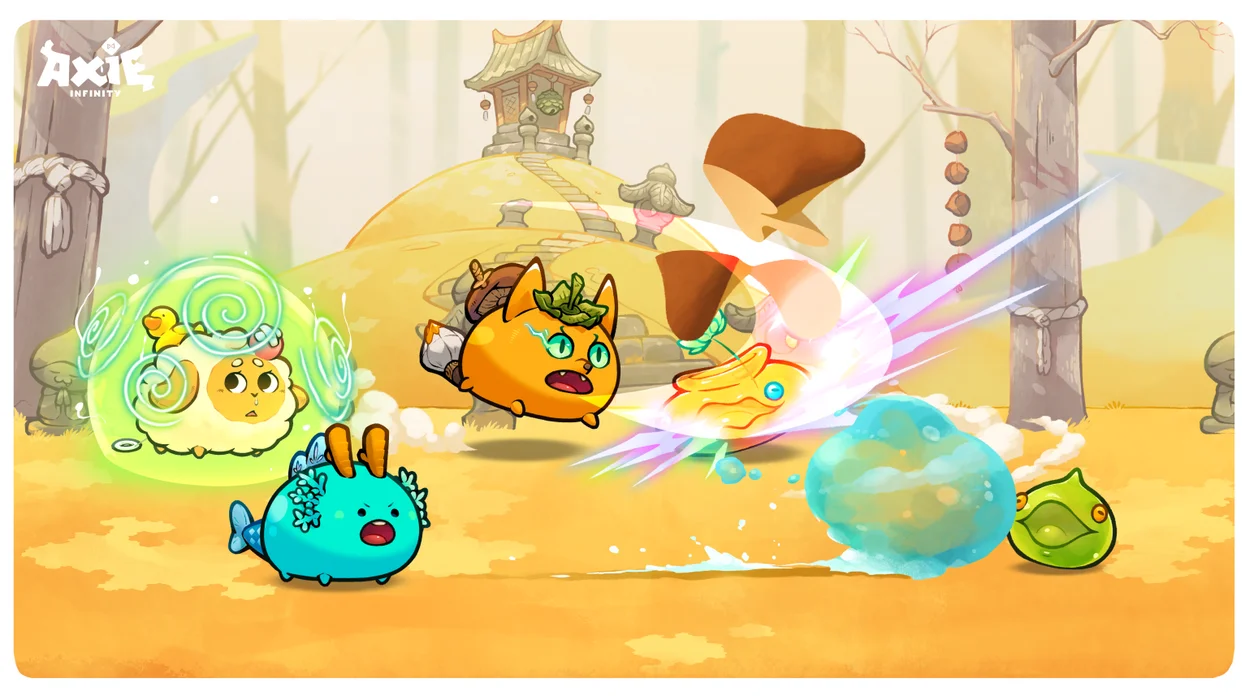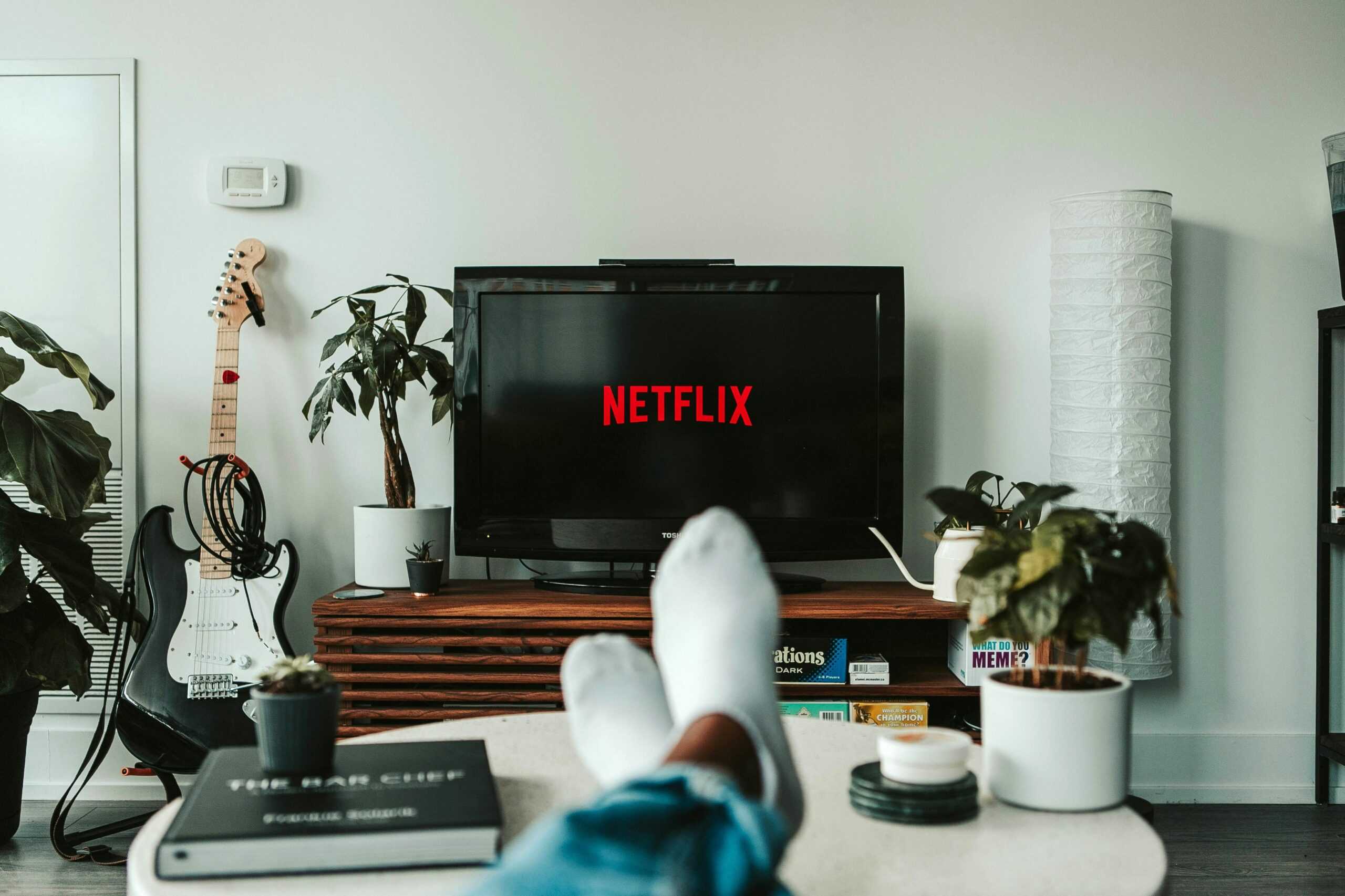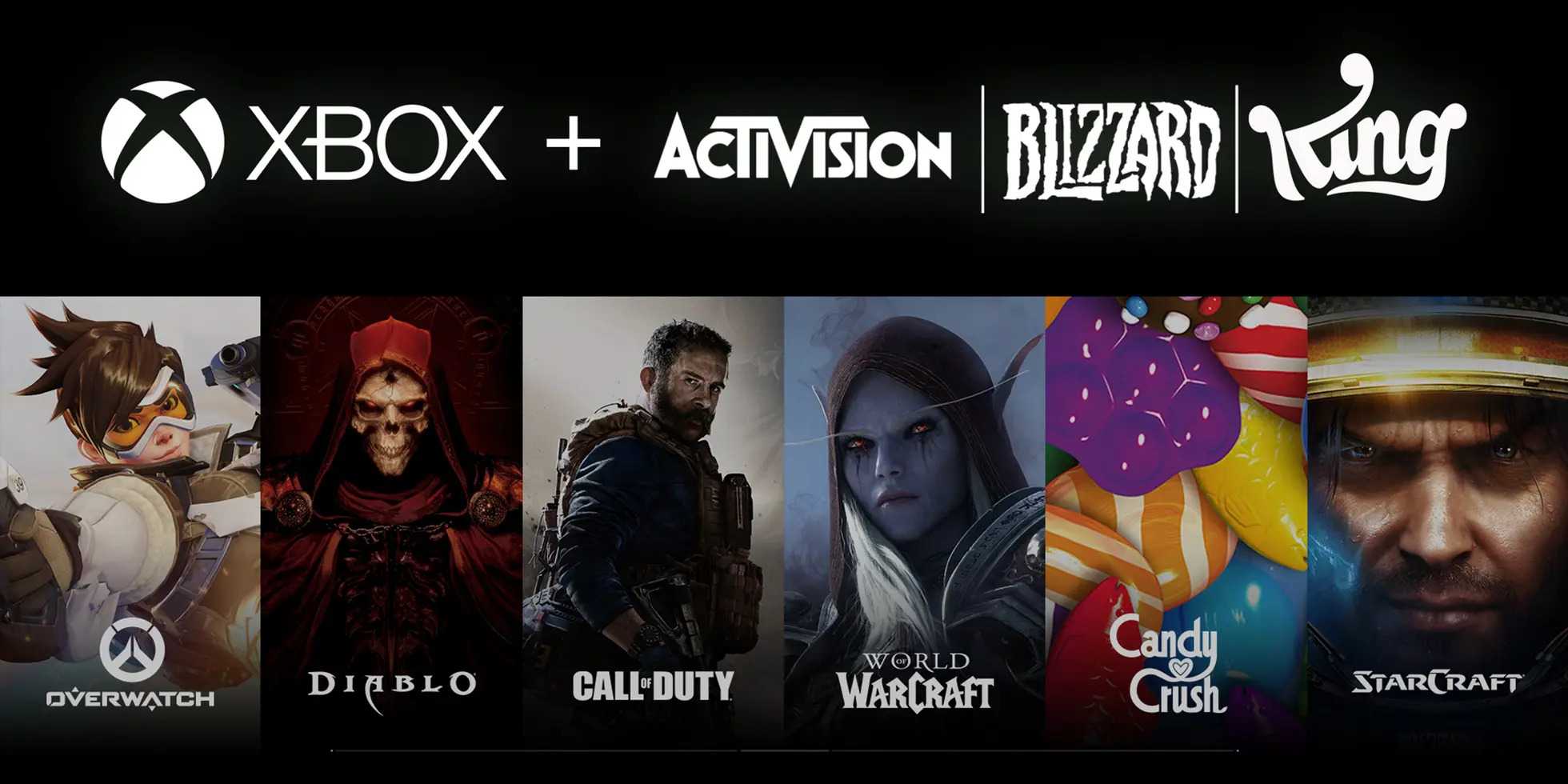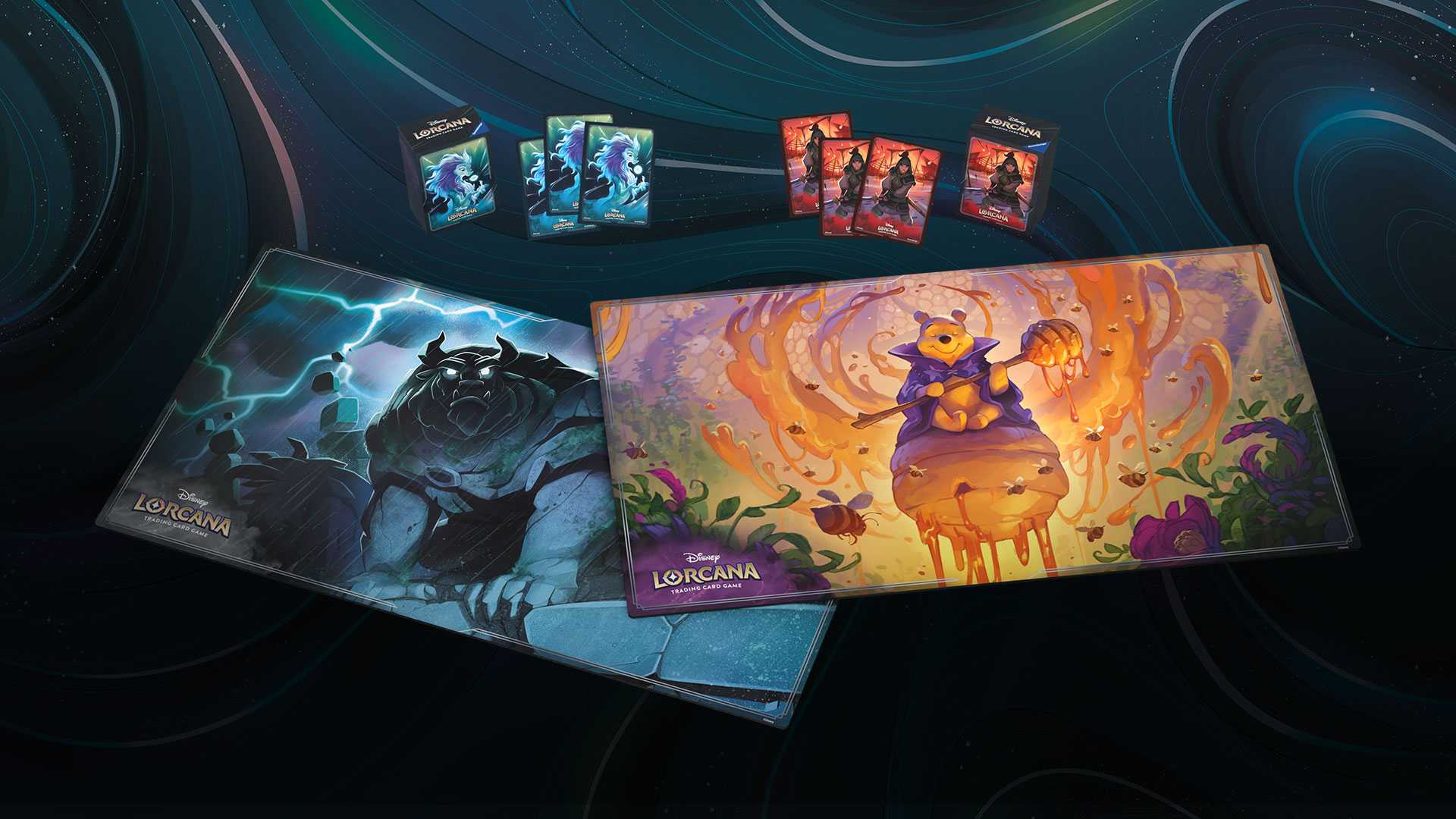When Ubisoft became the first major games publisher to throw its hat into the NFT (Non-Fungible Token) ring last year, the gaming community’s reaction was mixed. Given the experimental nature of their exploration, the French publisher took the feedback to heart and has said that NFTs represent a “major change that will take time.” More recently, Square Enix president Yosuke Matsuda said that the Final Fantasy publisher is also exploring how to implement NFTs in its games. Matsuda believes that NFTs will be particularly useful in boosting user-generated content in games. EA CEO Andrew Wilson, too, has suggested that NFTs and play-to-earn gaming are the “future of our industry.” Meanwhile, on the retail side, GameStop is planning to create a virtual marketplace where players can buy, sell, and trade NFTs.
While NFTs, cryptocurrency, and blockchain have drawn heavy criticism due to scammers and the environmental impact of crypto mining, there is undeniable interest from gamers that publishers cannot ignore. Interpret recently queried 1,500 players from its 5,000+ member NFT/crypto gaming panel (a subgroup of Interpret’s 30,000+ member Good Gamer Group). The panel represents Xbox, PlayStation, Switch, mobile, and PC players who are interested, are not interested, have previously owned, or currently own an NFT or cryptocurrency. The key takeaway: over 56% are interested in the idea of being able to earn NFTs through playing video games.
Moreover, NFTs could play a major role in retention (of critical importance to live-service games), as over 45% indicated that being able to earn NFTs through gaming would increase their current engagement levels with games. Additionally, over 53% indicated that earning NFTs is the primary driver, compared to being able to sell/trade NFTs, and the idea of building an NFT collection.
“Building a collection is not the major motivator right now. Gamers are not yet viewing NFTs as they would Pokémon cards or collecting a complete set of similar items. Gamers just want to be able to participate in this new business and engagement model,” explained Jesse Divnich, Interpret’s Senior Vice President of Growth and Innovation. “Currently, becoming an NFT owner is a cumbersome process with numerous steps across multiple systems and programs. Gamers are likely looking to the industry to help create a more streamlined process towards NFT ownership and participation.”
Ultimately, Interpret expects gamer sentiment to continue to warm towards “play-to-earn” as the industry unpacks how best to position this new model. NFTs represent a shift in power to the players and provides a greater sense of true ownership from the items they earn both in and out-of-game.
Divnich added, “We have been through these evolutions before. Over the last decade, we have seen new approaches and business models that expand the industry’s approach to monetization. Whether free-to-play, downloadable content (DLC), the transition to full digital downloads, subscription gaming services, the concept of season/battle passes, etc. – these all went through the murky phase that play-to-earn is going through right now. Gamers liked these concepts from the get-go, but it took time for the industry and players to get on a similar wavelength. It’s a learning and discovery process on both sides.”







